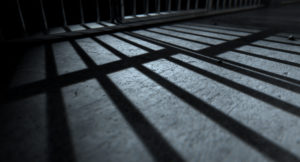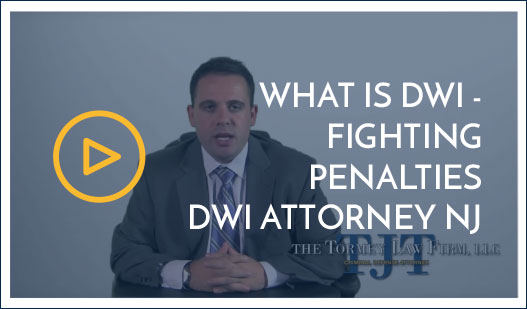Grand Jury and the Indictment in New Jersey
Bergen County Criminal Defense Lawyers with Offices in Hackensack, NJ

Facing a criminal charge in New Jersey can threaten your reputation, your livelihood, and many other components of your life. Fortunately, you do not need to travel these uncertain waters alone. An experienced criminal defense attorney can serve as your supporter, your defender, and your advocate as you confront what often seems an insurmountable challenge at the outset. The attorneys at The Tormey Law Firm are passionate about what they do and dedicated to turning over every rock and pursuing every possible avenue to achieve the best possible outcomes for their clients. Whether your case involves charges for eluding a police officer, resisting arrest, obstructing the administration of law, or another offense, we will stop at nothing to obtain a successful resolution.
If you or a loved one is facing criminal charges in New Jersey, our lawyers will employ their extensive knowledge of the law, solid connections, deft negotiation skills, and zealous advocacy to help you overcome the allegations against you. Contact our Hackensack offices anytime at (201)-330-4979 to receive a free consultation.
The Grand Jury Process and Indictments in New Jersey
If a case resolves at the pre-indictment conference, then the case is over and the case will not be presented to the grand jury for an indictment. The case will resolve by way of an accusation and the defendant will waive the presentation to the grand jury in order to enter a plea or the Pre-Trial Intervention program (PTI).
If the case does not resolve at the pre-indictment conference, the case will then proceed to the grand jury in order to obtain an indictment. The grand jury is a group of 23 citizens who determine whether probable cause exists to issue an indictment. The grand jury presentation is not done in a court of law. The defendant is not present (unless they are invited by the State to testify, which is extremely rare). A judge is not present. A defense attorney is not present. The prosecutor is present on behalf of the State and will present evidence and take testimony in order to establish enough probable cause for the issuance of the indictment. The State needs a majority of the 23 individuals in favor of the indictment for the indictment to issue. If an indictment is issued, this is called “a true bill.” It is the formal charging document in a criminal case. If a majority of the grand jurors does not vote in favor of the indictment, this is called “a no bill” and the charges against the defendant are dismissed, ending the case. The grand jury may, however, decide to charge the defendant with a less serious offense, known as a downgraded charge, and the case will be remanded to the Municipal Court as a disorderly persons offense (misdemeanor).
If the case is indicted, the case will then proceed to the arraignment. In the vast majority of cases, the State obtains an indictment. The old phrase is “You can indict a ham sandwich.” This is due to the fact that it is not a level playing field in the grand jury room. There is no defense attorney or defendant offering evidence to dispute the charge. There is no judge determining objections or questioning witnesses or asking whether evidence should be admitted. As a result, it is very easy for the State and the prosecutor to establish enough probable cause for the issuance of an indictment.


